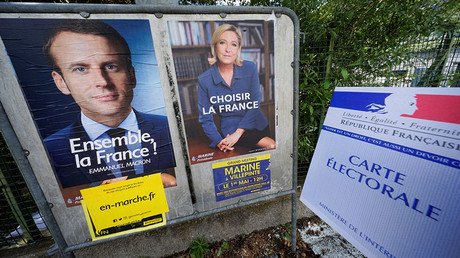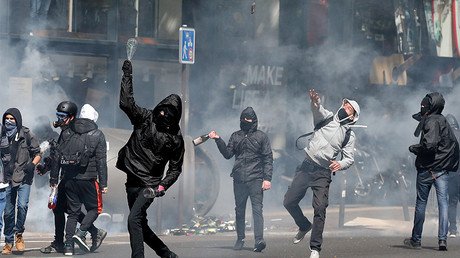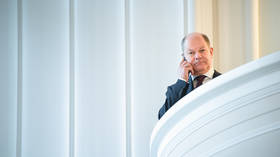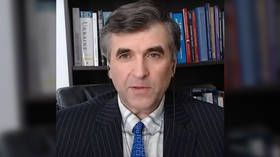French voters are most polarized in Europe ahead of key presidential runoff – poll
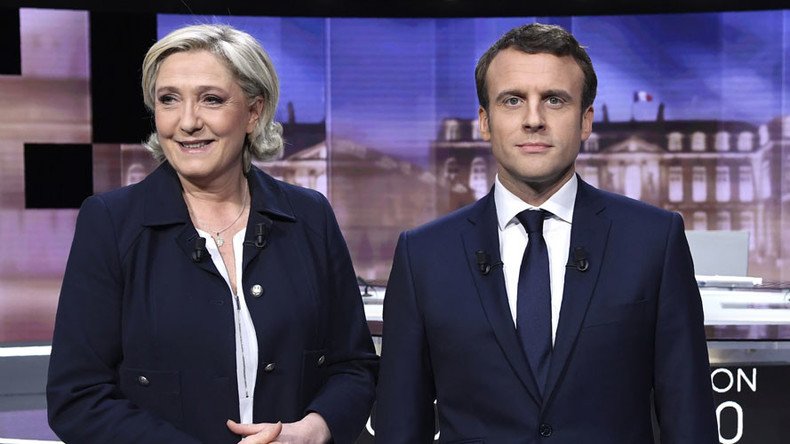
One in every five French voters have either far-right or far-left political views – the largest across the EU – which leaves French society utterly polarized and divided against the backdrop of a presidential runoff scheduled for this weekend, a new survey has found.
With just days to go until the presidential election runoff between Marin le Pen of the National Front and the liberal centrist Emmanuel Macron, political divisions among French voters appear to be deeper than anywhere across the European Union, according to the latest poll by the German-based Bertelsmann Foundation.
The poll found that every fifth Frenchman had extreme views, with 14 percent having far-right leanings and 6 percent describing themselves as far-left, compared to just 7 percent across the EU.
Some 35 percent of French respondents were “centrist,” as compared to 62 percent of such voters in the bloc.
The Bertelsmann survey comes days before the presidential runoff between le Pen and Macron scheduled for this Sunday.
Issues of Islam and French national identity dominated the heated exchange between the two presidential candidates on Wednesday. Macron maintains that Le Pen still represents “the party of hatred,” while Le Pen claims that Islamic fundamentalism is a “mortal danger” for France. She accused Macron of having an “indulgent attitude” towards Islamic extremism, while he accused Le Pen of dividing France and stoking “civil war”.
Macron, a former investment banker who has served as France's economy minister, describes himself as a man having left and progressive views on social issues, but more liberal and pro-business when it comes to trade and entrepreneurship.
Le Pen, who leads the right-wing National Front, did much to clear the party of an uneasy past plagued by the legacy of French collaborationism. Her program advocates curbs on immigration, tougher policies on crime and vows to eradicate radical Islamism.
She has also hinted at the possibility of Paris leaving both the EU and Eurozone for the sake of “economic nationalism” and social policies that favor French people.
According to Bertelsmann's latest findings, 58 percent of the French right want to leave the Eurozone, and 63 percent were in favor of exiting the EU. Two-thirds of the left supported staying in the bloc.
“Bringing anti-EU agenda into the election campaign is risky,” said Isabell Hoffmann, European affairs expert at Bertelsmann. “First of all, it attracts a lot of attention, but it’s too radical and alienates rather than wins voters. Many people were unhappy about EU’s policies, but it would be a mistake to assume that the majority wants to leave the union.”
Over the past days, France has seen a number of rallies where hundreds of young people – predominantly students – rallied against both presidential candidates. People teamed up on the streets and online under the slogan “Neither Le Pen nor Macron.” Some of the demonstrations later resulted in clashes with police.
For the first time since 1958, center-right and center-left will be absent from the second round in a French presidential runoff. Some 47 million eligible voters are faced with the hard choice between the two frontrunners with neither seemingly popular enough to secure a landslide victory.
